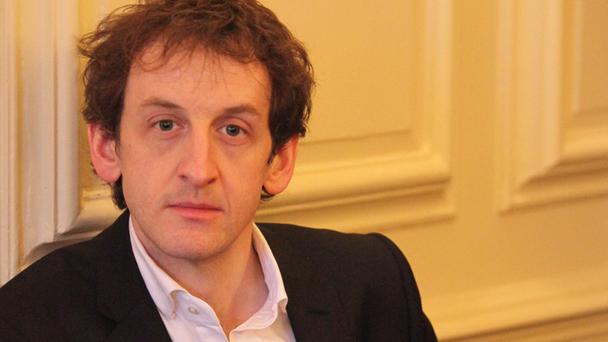Stephen Farr, organ, Royal Festival Hall
Monday 24th April 2017
Programmers of organ concerts often fight shy of much contemporary repertoire. It is often said that people will not come when they see what is to be played. Last evening’s latest instalment in the excellent Pull out all the stops 2016-17 season proved that a high calibre performer coupled with an excellent instrument will still draw a good crowd, even when the programme is entirely of 20th and 21st Century music.
There is no doubt that some of this music is challenging. It is equally true that hearing music in such surroundings as the RFH, with detailed enough (but not excessively so) programme notes allows the listener to be immersed in each piece and offered the opportunity of a focussed and all-encompassing musical experience.
Beginning with a world premiere, of Judith Bingham’s Roman Conversions, the listener was soon aware that throughout the evening a myriad of sounds will be heard from this amazing instrument at the expert hands and feet of Mr Farr. This programmatic piece charts a journey through some of the sacred buildings of Rome, a journey from darkness into light. Very effectively structured I hope this piece will get the exposure it deserves.
The second piece was Jehan Alain’s Trois Dances. These three contrasting pieces were brilliantly brought to life. As in the first piece moments of passion and vitality sat alongside more sustained moments and delicate figures.
The final item in the programme was familiar territory for those who have embraced the 20th Century organ repertoire. One of Messiaen’s best known and most substantial organ works Les corps glorieux is an extended meditation on death and resurrection, portraying the composer’s Christian convictions in a structure that draws on his varied musical influences and worked out techniques.
Stephen Farr was completely at home with this music and drew a marvellous array of sounds from the organ. His energy at times was phenomenal, with frenetic percussive passages and huge chords. He was equally convincing in the slower moving and monophonic sections.
After this impressively moving performance the audience was treated to a beautifully understated encore which rounded off the evening in a sublime way, not undermining the experience of what had gone before.
I hope that more of this music – the completely new, and that “new music” that is now a number of decades old – will be given more exposure. Whilst some of it undoubtedly needs organs of the scale of the RFH and performers of Stephen Farr’s calibre there is also much that can be effectively played with more restricted resources. There is such a vast repertoire embracing music of different styles and periods that deserves to be heard.
The final instalment of this series takes a different turn with David Briggs improvising a soundtrack to Hitchcock’s The Lodger (1927) on 24th June.
SP

